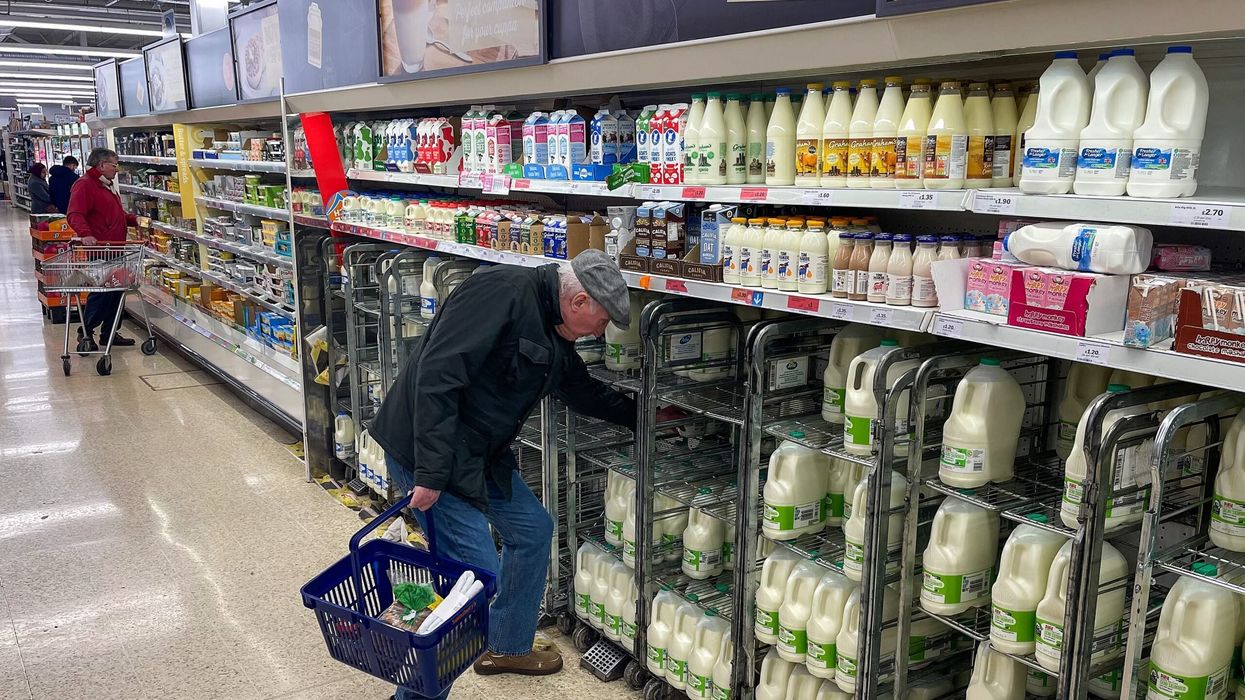THE UK's inflation rate remained steady in June after meeting the Bank of England's target in May, official data showed on Wednesday. This defied expectations for a slight decrease.
The Consumer Prices Index stayed at 2.0 per cent in June, the same level as in May, according to the Office for National Statistics. Market forecasts had predicted a rate of 1.9 per cent.
"Hotel prices rose strongly, while second-hand car costs fell but by less than this time last year," said ONS chief executive Grant Fitzner. "However, these were offset by falling clothing prices, with widespread sales driving down their cost. Meanwhile, the cost of both raw materials and goods leaving factories fell on the month, though factory gate prices remain above where they were a year ago."
Analysts suggested the data might lead the Bank of England to delay cutting interest rates. "The chances of an interest rate cut in August have diminished a bit more," said Paul Dales, chief UK economist at research consultancy Capital Economics.
Last month, the Bank of England kept its key interest rate at a 16-year high of 5.25 per cent, despite the slowing inflation in May.
Britain's newly elected Labour government welcomed the news that inflation remained at the Bank of England's target level. "It is welcome that inflation is at target," said Darren Jones, chief secretary to the Treasury. "But we know that for families across Britain prices remain high... which is why this government is taking the tough decisions now to fix the foundations of the UK economy," he added.
Labour, led by new prime minister Keir Starmer, has pledged immediate action to grow the economy after winning a landslide general election victory, ending 14 years of Conservative rule.
Later on Wednesday, King Charles will read out Labour's first programme for government in a decade and a half, as the UK parliament formally reopens following the July 4 election.
Elevated interest rates have intensified the UK's cost-of-living squeeze by increasing borrowing repayments, thereby reducing disposable incomes and slowing economic activity.
The Bank of England began raising rates in late 2021 to combat inflation, which rose after countries emerged from Covid lockdowns and accelerated following the invasion of Ukraine by Russia, a key oil and gas producer.
(With inputs from AFP)





